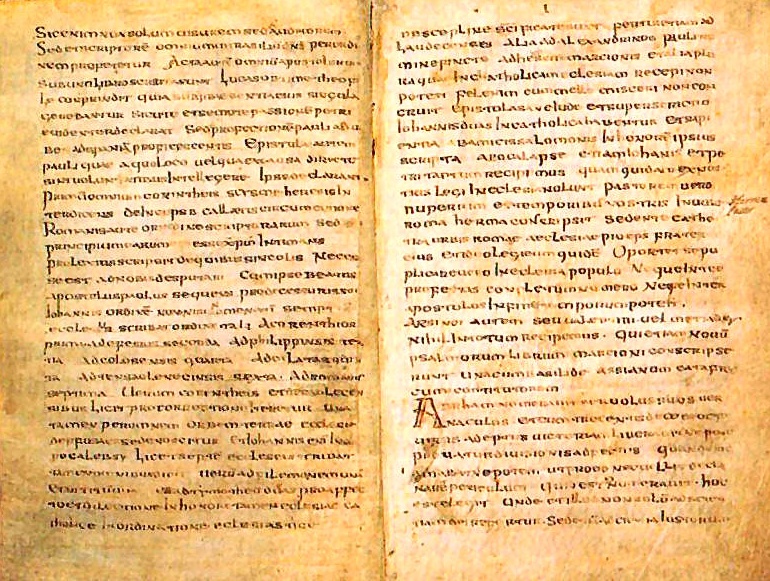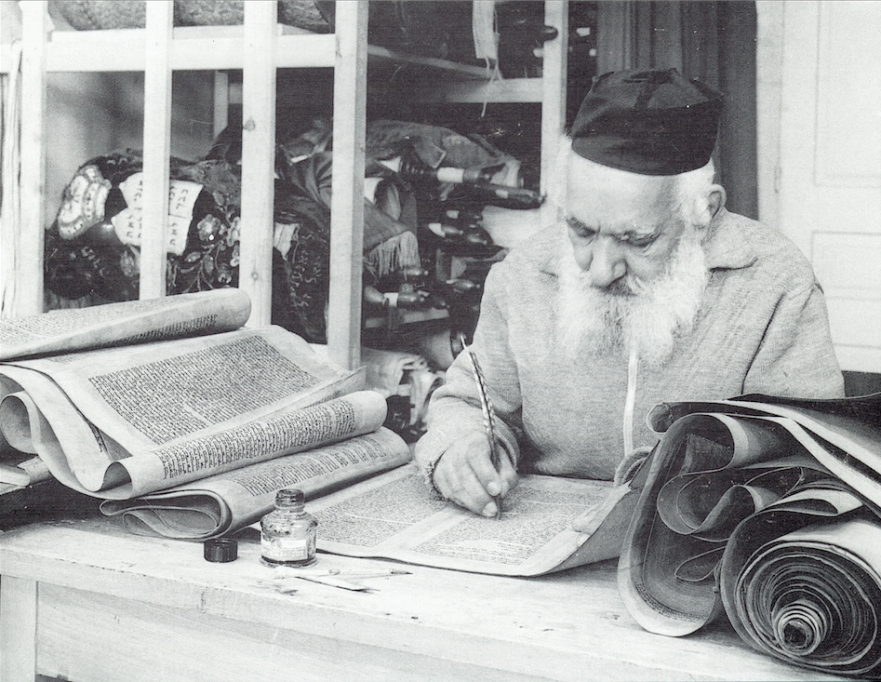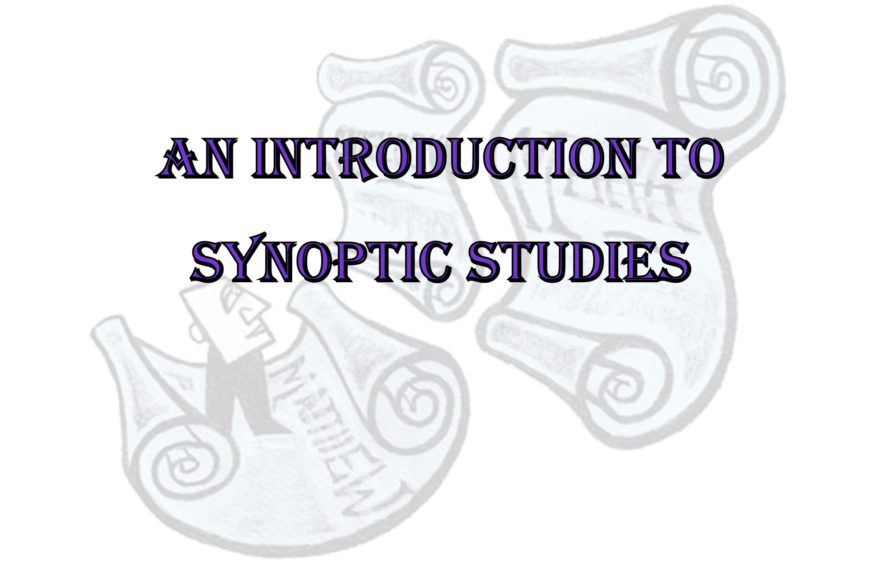…
Reflections on Mark

Sometimes the work we do for The Life of Yeshua: A Suggested Reconstruction can seem a little hard on the Gospel of Mark. Our research might leave readers wondering whether we have anything positive to say about Mark. The answer given in this blog is a resounding “Yes!”
Cataloging the Gospels’ Hebraisms: Part Three (Impersonal “They”)

Awareness of even the simplest Hebrew grammatical structure can bring to life a vague, or difficult-to-understand, saying of Jesus. Since potential Hebrew idioms are so dense in the Greek texts of Matthew, Mark and Luke, one has to ask, Could these apparent Hebrew idioms be evidence that the synoptic Gospels are descendants of an ancient translation of a Hebrew “Life of Jesus,” the gospel that the church father Papias spoke of when he wrote: “Matthew…arranged the sayings [of Jesus] in the Hebrew language”?
A Non Sequitur in the Argument for the Canonical Approach to Scripture
What is the “canonical approach,” and in what respect is its main supporting argument a “shell game”?
Written, Inspired and Profitable

The Bible provides minimal help for anyone trying to write a description of it for inclusion in a Statement of Faith. As a result, such descriptions typically claim more than the Bible discloses about itself.
Toward an Inerrant View of Scripture

No biblical autographs have survived. There are only manuscripts which were copied from earlier manuscripts, which were copied from still earlier manuscripts, and so on. To speak of an autograph as inerrant, we are essentially claiming that Scripture USED to be inerrant.
New Testament Canon

While God had used individual writers to record the books themselves, the actual acceptance of those books as being from God was subject to a long transition, a process of testing.
Scirbal Scribal Errors

There are about 1,500 scribal errors in the Hebrew Scriptures. The letters vav and yod, for instance, were often confused by ancient copyists of the Bible. The two letters are so similar that they are easily confused. In fact, writing by mistake a vav instead of a yod, or vice versa, is the most common scribal error.
An Introduction to Synoptic Studies

The late Dr. Robert Lindsey, pioneer translator of the Gospels into modern Hebrew, synoptic researcher and pastor of Jerusalem’s Narkis Street Congregation, resided in Israel for over forty years. His discoveries challenge many conclusions of New Testament scholarship from the past two hundred years. Lindsey created a new approach to the study of the Synoptic Gospels. Here, Lindsey provides an introduction to the field of synoptic studies and the “Synoptic Problem.”

